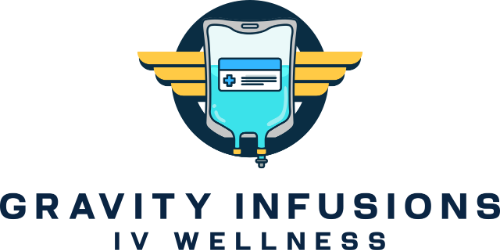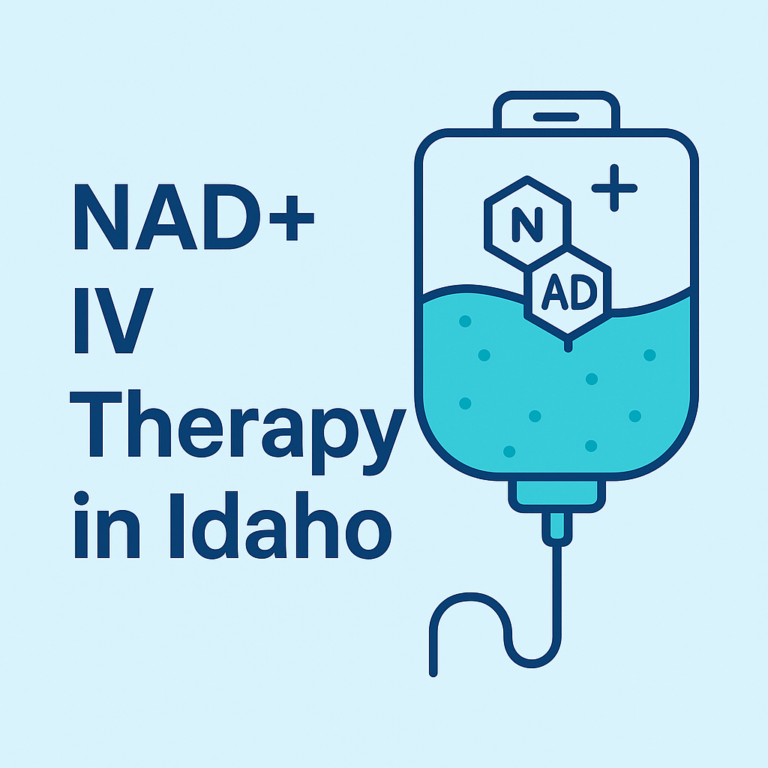Supporting Iron Levels With Clinical Oversight
Iron deficiency is one of the most common nutritional concerns during pregnancy. For some women, oral iron supplements may cause digestive discomfort or prove ineffective in raising iron levels quickly enough. In such cases, a healthcare provider may recommend IV iron infusions for pregnancy or as part of a medically supervised plan.
⚠️ Important: IV iron therapy is not a wellness or elective treatment. It is a medical procedure and should only be administered by a licensed provider following diagnostic lab testing.
Why Iron Is Important During Pregnancy
Iron plays a vital role in the production of hemoglobin, the protein in red blood cells that carries oxygen. During pregnancy, a woman’s blood volume increases significantly, which increases the demand for iron. When iron levels are too low, it can lead to iron-deficiency anemia, increasing the risk of:
- Fatigue and weakness
- Preterm delivery
- Low birth weight
- Poor fetal development
- Increased risk of postpartum complications
When Is IV Iron Recommended During Pregnancy?
Oral iron supplements are the first line of treatment for most pregnant women with low iron. However, your doctor may recommend IV iron if:
- Oral iron causes severe side effects (nausea, constipation, cramping)
- You are unable to absorb iron adequately through the digestive tract
- You have moderate to severe iron-deficiency anemia
- You are later in pregnancy and need faster correction of iron levels
- You have specific medical conditions (e.g., inflammatory bowel disease)
IV iron is only given under medical supervision, often after bloodwork confirms low hemoglobin, hematocrit, and ferritin levels.
What to Expect With IV Iron Infusion in Pregnancy
An IV iron infusion typically involves:
- Medical Screening & Lab Testing: Bloodwork to confirm iron deficiency and determine the appropriate dosage.
- Prescription-Based Treatment: IV iron is not available as an over-the-counter or elective therapy. A prescription is required.
- Infusion Appointment: You’ll receive the infusion through a vein in your arm over 30–60 minutes (or longer, depending on the formulation).
- Monitoring for Reactions: Though rare, some individuals may experience side effects such as headache, flushing, dizziness, or mild allergic reaction. Staff are present to monitor your safety.
- Follow-Up: Repeat labs may be required to assess response and determine if additional infusions are needed.
Types of IV Iron Commonly Used During Pregnancy
Depending on your health profile and provider’s recommendation, your doctor may prescribe one of the following:
- Ferric Carboxymaltose (Injectafer®)
- Iron Sucrose (Venofer®)
- Ferric Gluconate (Ferrlecit®)
Each has different dosing protocols and risk profiles. Your OB or maternal-fetal medicine specialist will select the safest option based on your needs.
⚖️ Important Medical and Legal Disclaimers
- IV iron infusions are a prescription-based medical service. They should only be administered by licensed medical professionals in clinical settings.
- This content is for informational purposes only and does not substitute professional medical advice.
- Always consult your OB-GYN or maternal healthcare provider before undergoing any form of iron therapy.
- Statements in this article have not been evaluated by the Food and Drug Administration (FDA).
✅ IV Iron Infusion for Pregnancy
If you’ve been diagnosed with iron-deficiency anemia and oral supplements aren’t effective or tolerable, IV iron therapy may be a safe and medically appropriate option. The key is to ensure this treatment is provider-led, properly monitored, and part of a broader prenatal care plan.
Check out our blog.


